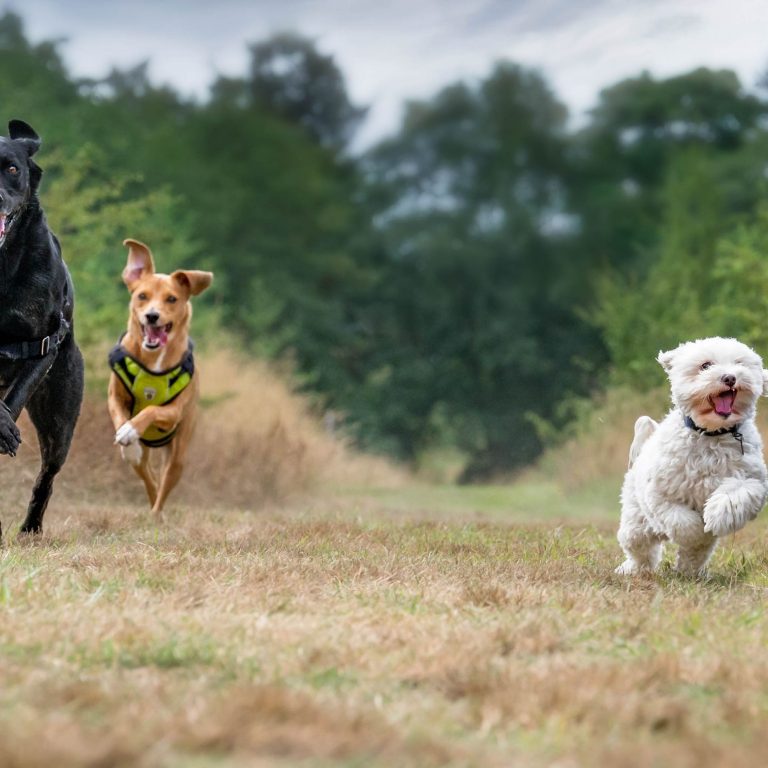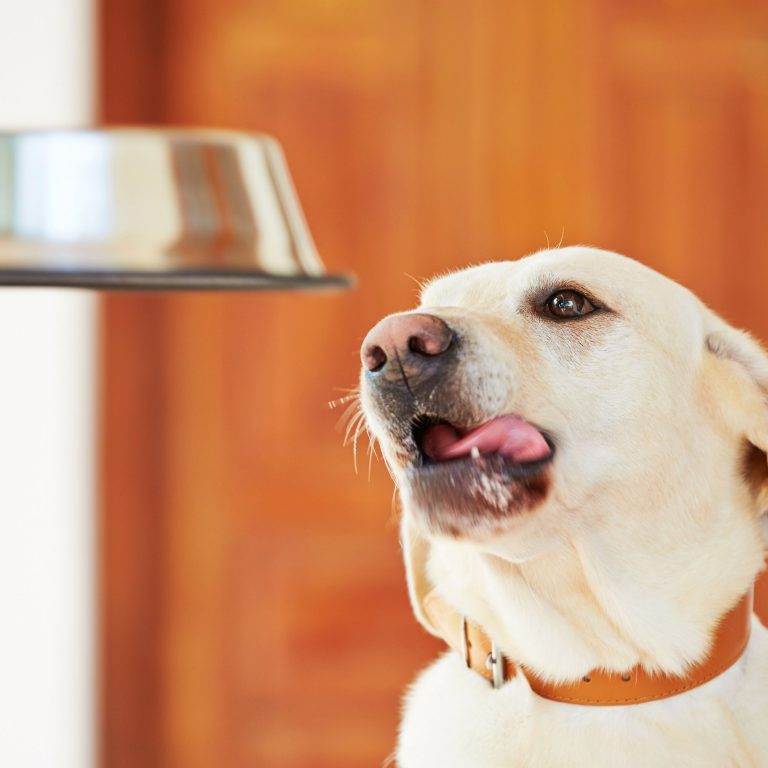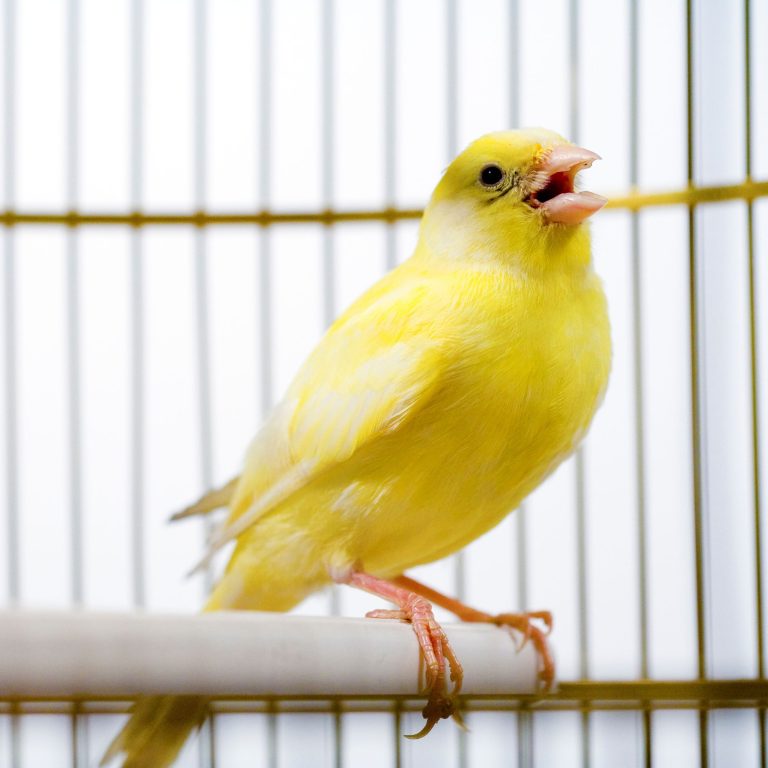Unlock Your Parrots Boundaries: Bird GPS Tracker Solutions
The Importance of Tracking Your Parrot
When it comes to keeping your parrot safe and secure, tracking your feathered friend is of utmost importance. By understanding the need for a GPS tracker and the benefits it provides, you can unlock your parrot’s boundaries and ensure their well-being.
Understanding the Need for a GPS Tracker
Parrots are known for their curious and adventurous nature. They possess a natural instinct to explore their surroundings, which can sometimes lead them to venture beyond their familiar territory. Unfortunately, this can pose risks such as getting lost or being exposed to dangerous situations. That’s where a GPS tracker comes into play.
A GPS tracker for your parrot offers you peace of mind by providing real-time location information. It allows you to keep track of your parrot’s whereabouts, even if they decide to take flight unexpectedly. With the help of advanced GPS technology, you can pinpoint their location accurately and take appropriate action if needed.
Benefits of Using a GPS Tracker for Your Parrot
Using a GPS tracker for your parrot offers numerous benefits that go beyond simply locating them. Here are some key advantages:
-
Quick Recovery: In the unfortunate event that your parrot goes missing, a GPS tracker significantly increases the chances of a swift recovery. By having access to their real-time location, you can quickly identify where they are and take the necessary steps to bring them back home safely.
-
Peace of Mind: Knowing that you can monitor your parrot’s movements provides peace of mind. Whether you’re at work, running errands, or even on vacation, you can rest assured knowing that you can keep an eye on your feathered companion.
-
Enhanced Safety: A GPS tracker acts as a valuable safety net for your parrot. It allows you to set up virtual boundaries or geofences, and if your parrot crosses these boundaries, you will receive an alert. This feature ensures that you can take immediate action if your parrot strays too far from home.
-
Data Insights: Some GPS trackers for parrots come with additional features, such as activity monitoring. These trackers can provide valuable insights into your parrot’s behavior, activity levels, and even flight patterns. This information can help you better understand your parrot’s needs and overall well-being.
By utilizing a GPS tracker for your parrot, you can create a safer environment for them to explore while ensuring their security. It’s important to choose the right tracker that suits both your parrot’s size and behavior. To learn more about the available options and the features of a GPS tracker for pet birds, check out our article on parrot tracking device.
Remember, a GPS tracker is not only a tool for locating your parrot but also an investment in their safety and happiness. With the ability to track their movements and provide timely assistance if needed, you can give your parrot the freedom to spread their wings while enjoying peace of mind.
How GPS Trackers for Parrots Work
To ensure the safety and well-being of your beloved parrot, utilizing a GPS tracker can provide peace of mind by allowing you to monitor and track their location. Understanding how these trackers work and the features they offer is essential when considering the best option for your feathered friend.
Overview of GPS Technology
GPS, or Global Positioning System, is a technology that utilizes a network of satellites to determine the precise location of an object or individual. GPS trackers for parrots leverage this technology to provide real-time location data.
A GPS tracker consists of two main components: the tracker itself and the accompanying software or mobile application. The tracker is typically attached to your parrot’s collar, leg band, or backpack. It uses signals from multiple GPS satellites to triangulate the parrot’s position.
The GPS technology calculates latitude, longitude, and altitude coordinates, providing accurate information about your parrot’s whereabouts. This data is then transmitted to the software or app, allowing you to view the location on a map and track your parrot’s movements.
Features of Parrot GPS Trackers
Parrot GPS trackers come with various features designed to enhance tracking capabilities and ensure the safety of your feathered companion. Here are some common features you may find:
-
Real-time tracking: GPS trackers provide continuous updates on your parrot’s location, allowing you to monitor their movements in real-time.
-
Geofencing: Geofencing enables you to set virtual boundaries for your parrot. If your parrot crosses these boundaries, you will receive an alert, ensuring that you can take swift action if they wander off.
-
Historical tracking: Many GPS trackers store location history, enabling you to review past routes and analyze your parrot’s behavior and patterns.
-
Battery life: Battery life is an important consideration when choosing a GPS tracker. Look for trackers with long battery life to ensure that you can track your parrot without interruption.
-
Waterproof and durable: Parrots can be adventurous, even in wet environments. Waterproof and durable GPS trackers are essential to withstand various conditions and ensure the tracker remains functional.
-
Lightweight and comfortable: Parrot GPS trackers should be lightweight and comfortable for your parrot to wear. This ensures that they won’t be bothered by the tracker while going about their daily activities.
It’s important to keep in mind that some GPS trackers may require a subscription plan or additional fees for accessing certain features or data. Be sure to review the terms and conditions before making a purchase. For more information on GPS trackers for parrots, check out our article on gps tracker for parrots.
By understanding the technology behind GPS trackers and the features they offer, you can make an informed decision when selecting the right tracker for your parrot. Remember to consider factors such as ease of use, battery life, and the specific needs of your parrot to ensure a suitable and reliable tracking solution.
Types of GPS Trackers for Parrots
When it comes to GPS trackers for parrots, there are several options available to suit different preferences and needs. Let’s explore three common types: collar trackers, leg band trackers, and backpack trackers.
Collar Trackers
Collar trackers for parrots are designed to be worn around the neck, similar to a collar. These trackers are lightweight and comfortable, ensuring that your parrot can move freely without any restrictions. The tracker is securely attached to the collar and utilizes GPS technology to track your parrot’s location in real-time.
Collar trackers are particularly useful for parrot owners who want a non-invasive tracking solution. They are easy to put on and remove, making them convenient for both the parrot and the owner. However, it’s important to ensure that the collar fits properly and is not too tight or loose. This ensures the safety and comfort of your feathered friend. For more information on proper installation and fit, refer to our article on parrot tracking device.
Leg Band Trackers
Leg band trackers are another option for tracking your parrot’s whereabouts. These trackers consist of a lightweight band that is secured around your parrot’s leg. The band contains a small GPS tracking device that allows you to monitor your parrot’s location.
Leg band trackers are popular among parrot owners as they are discreet and less likely to cause interference with the parrot’s movements. They are designed to be comfortable and do not hinder the parrot’s ability to perch or fly. However, it’s crucial to ensure that the leg band is properly sized and not too tight, as this can cause discomfort or injury to your parrot. For tips on monitoring and tracking your parrot using a leg band tracker, check out our article on parrot locator.
Backpack Trackers
Backpack trackers provide an alternative method of tracking your parrot’s location. These trackers are in the form of a small backpack that can be securely attached to your parrot. The backpack contains the GPS tracking device, allowing you to keep a close eye on your parrot’s movements.
Backpack trackers are ideal for parrot owners who want a tracking solution that doesn’t require direct attachment to the parrot’s body. These trackers are lightweight and designed to be comfortable for your parrot to wear. However, it’s important to ensure that the backpack is properly fitted to your parrot to prevent any discomfort. For more information on considerations for tracker selection, refer to our article on gps tracker for pet birds.
Choosing the right type of GPS tracker for your parrot depends on factors such as your parrot’s size, behavior, and your personal preferences. By considering these factors and selecting a tracker that suits your parrot’s needs, you can have peace of mind knowing that you can easily locate your feathered companion whenever necessary.
Choosing the Right GPS Tracker for Your Parrot
When it comes to selecting a GPS tracker for your parrot, there are several important considerations to keep in mind. Choosing the right tracker is crucial to ensure the safety and well-being of your feathered friend. Here are some factors to consider when selecting a GPS tracker for your parrot:
Considerations for Tracker Selection
-
Size and Weight: Parrots come in various sizes, so it’s crucial to choose a GPS tracker that is suitable for your parrot’s size and weight. Ensure that the tracker is lightweight and comfortable for your parrot to wear without causing any discomfort or hindering their movement.
-
Battery Life: Look for a GPS tracker with a long battery life to ensure that it can continuously track your parrot without frequent recharging. Consider the battery life in relation to your parrot’s daily routine and the duration of time they spend outside of their cage.
-
Durability and Waterproofing: Parrots can be active and may engage in activities that expose the tracker to potential damage or water. Opt for a GPS tracker that is durable and waterproof, capable of withstanding the rigors of your parrot’s daily activities.
-
Range and Accuracy: The range and accuracy of the GPS tracker are important considerations. Choose a tracker that offers a wide range and precise location tracking to ensure you can always locate your parrot accurately, even if they fly a significant distance away.
-
Compatibility and User-Friendliness: Ensure that the GPS tracker you choose is compatible with your smartphone or computer system. Look for trackers that have user-friendly interfaces and offer a mobile app or web portal for convenient tracking and monitoring of your parrot’s location.
Factors to Keep in Mind
-
Subscription Plans: Some GPS trackers require a subscription plan to access the tracking service. Consider the cost and features included in the subscription plan to ensure it aligns with your budget and tracking needs.
-
Additional Features: GPS trackers may come with additional features such as geofencing, activity monitoring, or even temperature sensing. Assess these features and determine which ones are essential for your parrot’s safety and well-being.
-
Customer Reviews and Reputation: Before making a final decision, take the time to research customer reviews and the reputation of the GPS tracker brand. This will help you gain insights into the performance and reliability of the tracker, as well as the quality of customer support provided.
Remember, choosing the right GPS tracker for your parrot is a personal decision based on your specific requirements and your parrot’s unique needs. By considering the factors mentioned above and conducting thorough research, you can find a suitable tracker that provides peace of mind and ensures the safety of your beloved parrot. For more information on GPS trackers for parrots, you can explore our article on parrot tracking devices.
Tips for Using a Parrot GPS Tracker
When it comes to using a parrot GPS tracker, there are a few important tips to keep in mind to ensure its effectiveness and your parrot’s safety. Here are some key considerations:
Proper Installation and Fit
To maximize the benefits of your parrot GPS tracker, it is crucial to ensure proper installation and fit. Follow the manufacturer’s instructions carefully to securely attach the tracker to your parrot’s collar, leg band, or backpack. Make sure it is snug but not too tight to avoid causing discomfort or restricting your parrot’s movement. Regularly check the fit of the tracker to ensure it remains secure.
Monitoring and Tracking Your Parrot
Once the GPS tracker is installed, it’s essential to monitor and track your parrot effectively. Familiarize yourself with the features and functionalities of the tracker. Some GPS trackers for parrots come with companion apps or software that allow you to view real-time location data and set up safe zones or boundaries for your parrot. Take advantage of these features to keep a close eye on your feathered friend’s whereabouts. For more information on bird tracking apps, you can refer to our article on bird tracking app.
Safety Precautions
While GPS trackers can be incredibly helpful in keeping track of your parrot, it’s important to consider safety precautions as well. Here are a few tips to ensure the well-being of your parrot:
-
Waterproofing: If your parrot enjoys bathing or flying in wet conditions, make sure the GPS tracker is waterproof or water-resistant. This will protect it from damage and ensure it functions properly even in wet environments.
-
Battery Life: Keep an eye on the battery life of your parrot GPS tracker. Regularly charge or replace the batteries as needed to ensure your tracker is always functioning.
-
Comfort and Weight: Ensure that the GPS tracker does not cause any discomfort or hinder your parrot’s ability to fly or move naturally. Choose a lightweight option that won’t weigh your parrot down or impede its movements.
-
Check for Wear and Tear: Regularly inspect the GPS tracker for any signs of wear and tear. Replace any damaged parts or components to maintain the tracker’s effectiveness and your parrot’s safety.
By following these tips, you can make the most of your parrot GPS tracker and ensure the safety and well-being of your beloved feathered companion. Remember, a GPS tracker is just one tool to enhance the safety and security of your parrot. Always provide a safe and stimulating environment for your parrot and engage in positive interactions to ensure its overall happiness and well-being.







